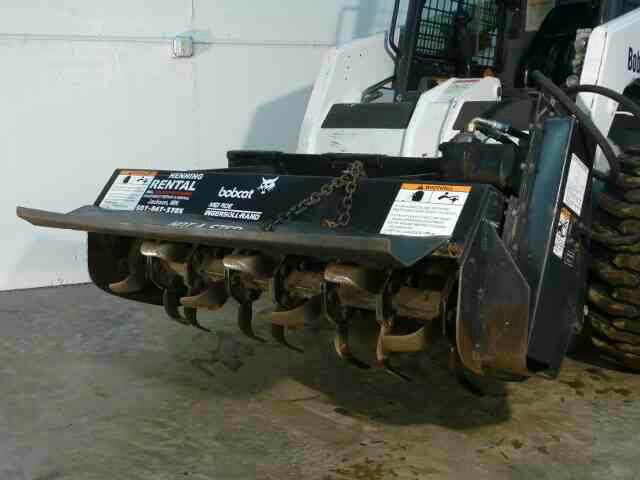Highbeam
Minister of Fire
So I have a tractor in my avatar. That's because I am more of a farmer than I am a city type rooftop gardener. When real farmers want to get a job done they use the best methods and tools. Best to them means most efficient, safe, legal. One that works on a large scale. No, you don't usually see farmers using guano or hand picking weeds. That's too slow and ineffective.
Appreciate the broad spectrum of advice. From the guy hand "plowing" by flopping the hand dug sod into a hand dug furrow, to the guy that hooks up a 3-8 gang plow and does this by the acre.
As I understand it, water is toxic as well. Drink enough and you die. Water toxicity?
I have been burned by the till and plant process. Seems all that does is expose the weed seerds to perfect growing conditions while spreading the live vegetation even farther. It almost makes it worse. Then you plant your seed and by the time the seed sprouts up, the weeds have a huge head start.
For crying out loud, you city folks aren't buying pre-planted seedlings are you?
Heck, I even tried burning the weeds from the garden one year with a weed burner. No dice. Roundup, I too buy the generic, is made for this and you might not like it but the food you buy has almost always seen roundup at some point.
Appreciate the broad spectrum of advice. From the guy hand "plowing" by flopping the hand dug sod into a hand dug furrow, to the guy that hooks up a 3-8 gang plow and does this by the acre.
As I understand it, water is toxic as well. Drink enough and you die. Water toxicity?
I have been burned by the till and plant process. Seems all that does is expose the weed seerds to perfect growing conditions while spreading the live vegetation even farther. It almost makes it worse. Then you plant your seed and by the time the seed sprouts up, the weeds have a huge head start.
For crying out loud, you city folks aren't buying pre-planted seedlings are you?
Heck, I even tried burning the weeds from the garden one year with a weed burner. No dice. Roundup, I too buy the generic, is made for this and you might not like it but the food you buy has almost always seen roundup at some point.





